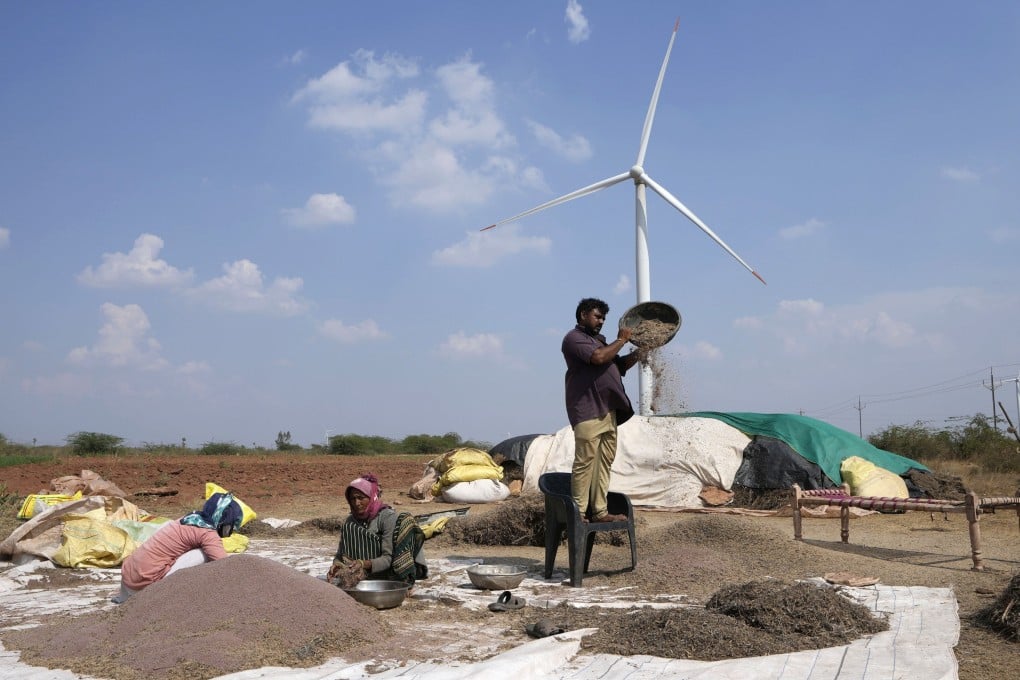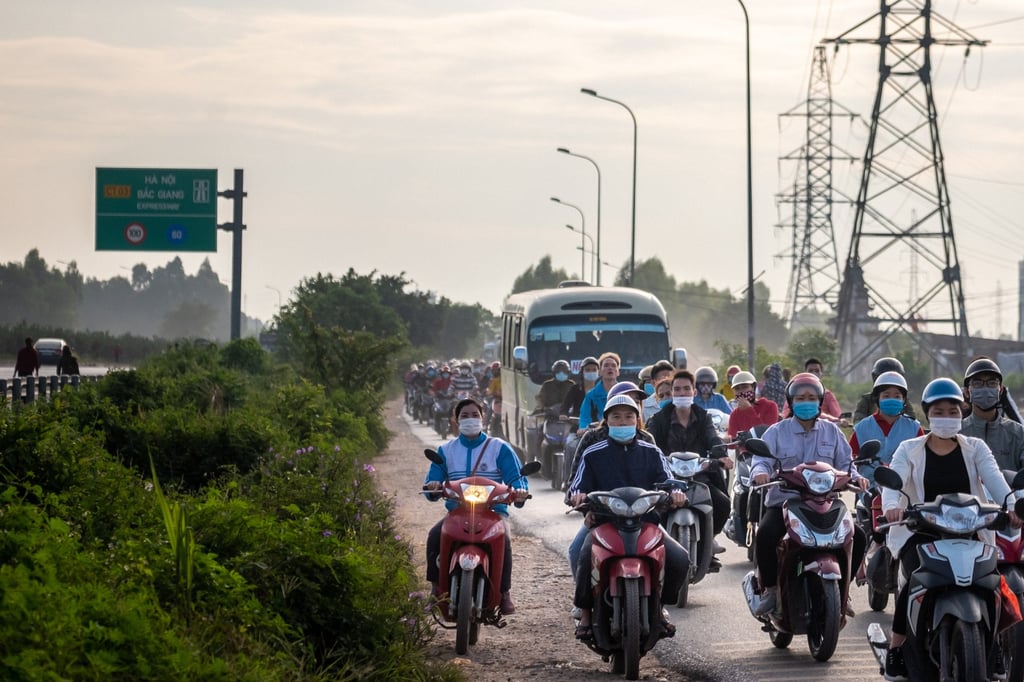Can Asia prioritise going green over development as energy experts urge faster emissions reductions?
- Failure to fully embrace renewable energy will leave Asia relying on costly and unproven carbon-capture methods to meet its targets, analysts say
- Though there are some bright spots, the lack of a ‘stable policy environment’ in many Asian nations is seen to be hampering the green transition

Asian nations will need to more than double their renewable-energy adoption in the next two to three years, analysts say, after an International Energy Agency report released last week cautioned that the world needs to accelerate emissions reductions.
The path to keeping global warming below 1.5 degrees Celsius (2.7 degrees Fahrenheit) has narrowed as carbon-dioxide emissions from the energy sector worldwide reached a record 37 billion tonnes last year – but the IEA’s September 26 report said clean-energy growth is keeping hopes alive, with emissions set to peak this decade.

“Countries in Asia which are largely dependent on fossil fuels, but are experiencing increasing energy demand, would need to more than double their renewable-energy adoption in the next two to three years and then triple the amount of renewable energy,” said Vibhuti Garg, South Asia director at the US-based Institute for Energy Economics and Financial Analysis.
Countries dependent on fossil-fuel imports will need to deploy both renewable-energy and carbon-storage solutions, as well as adopt electric vehicles and produce green hydrogen, she said.
The IEA warned that a failure to step up clean energy would shift the burden of achieving the 1.5 degrees goal to deployment of risky and unproven carbon-removal technologies, adding that a failure to deploy clean energy quickly would lead to nearly 5 billion tonnes of carbon dioxide needing removal from the atmosphere annually.
“Almost all countries need to bring forward their targeted net-zero dates,” the IEA said.
